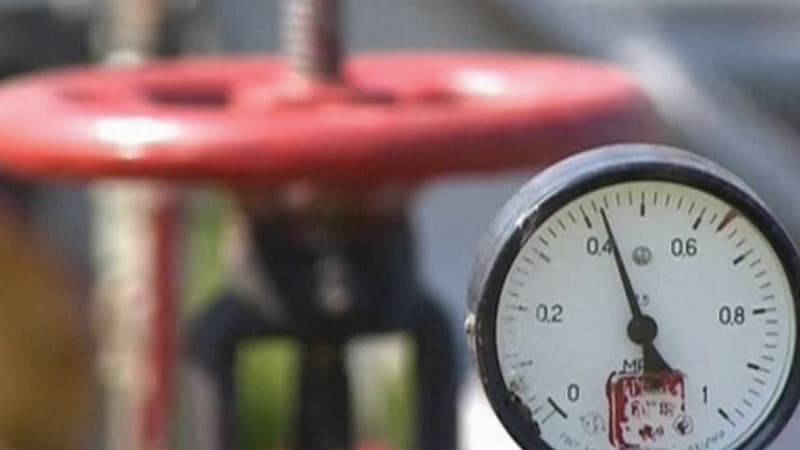The most difficult thing is over for winter 2022/2023, but now we have to think about next year. This is the main lesson of the latest report by the Brussels think tank Bruegel on European gas supplies: according to the institute, the European Union must set itself the goal of reaching 90% of its stocks full by October 2023 to anticipate the whims of the time or new restrictions on the supply of Russian gas and liquefied natural gas (LNG). Five points more than the restriction imposed in France on gas operators; this fall, under the impetus of the Ministry of Energy Transition, stocks had reached 99%.
The continent must also set a minimum of 15% in the reduction of its gas consumption, “from March to October 2023”, to anticipate filling efforts and maintain an acceptable price. All this avoiding involving households.
Bruegel is also campaigning to avoid a war on energy subsidies, like the controversies created at the end of 2022 by the French tariff shield and then the German recovery plan, for which Paris and Berlin could be accused of going it alone. Tensions to be avoided in particular because Moscow could be tempted to cut off supplies to better offer them to certain countries, to exert political pressure, particularly in Eastern Europe. Faced with these possible destabilizations, a continental-scale collective purchasing policy seems the appropriate response.
From 7 to 28% savings to be realized
Beyond the recommendations, Bruegel set out to quantify the necessary drop in demand based on two factors: Russian gas supply (which ranges from staying at current levels, to cutting off via Ukraine and total blackout) and the weather.
In the best of scenarios, Europe will have to reduce its consumption by 7%, if the weather is milder than the average of the last ten years, and Russia maintains its supply; In the worst case, in the event of a cold winter and total blackout -in addition to lack of nuclear energy and low level of dams-, we would have to reduce our gas consumption by up to 28% to spend the winter without cuts. A scenario intermediate (average weather and shutdown of Russian gas passing through Ukraine, but not gas pipelines passing through Turkey) would require a 17% drop.
The report also demonstrates a crucial point for national and European strategies in the field of energy: the growing interconnection of networks. It comes in particular from the development of new infrastructures, such as the gas pipeline linking Norway and Poland, or the new links France/Germany or Slovakia/Bulgaria/Greece, as well as the floating LNG gasification units installed in Germany.
Return of French nuclear power, industries in transition
Among the efforts to be implemented, Bruegel notes that households can contribute: but their efforts are strictly climate related in terms of heating. The much faster installation of heat pumps in 2022 (+53% in one year in Germany, for example) is progress.
Regarding the networks, the institute sees the need to implement renewable energies more quickly. But also to restore French nuclear power: a return to its average production of the last five years, as opposed to the catastrophic year 2022, would save 43 TWh of gas, or around 5% of European stocks.
On the industrial side, he points out that the drop in gas consumption has not affected production at an aggregate level, although certain sectors have had to adapt more drastically, changing energy sources, and relying on imports of the most expensive products. energy intensive. . Enough to intensify the efforts needed for the coming winter.
Battle for LNG?
Bruegel also dwells on the availability of LNG, used this winter to make up for gas shortages in the Kremlin. Global supply should increase by 5-8%, enough to offer room for manoeuvre. But two unknowns remain: European demand and the efforts made to reduce it; The Chinese demand, after the end of the covid-zero policy, which had caused it to fall and allowed the redirection of freighters to Europe. If Asian demand picks up, stiff competition is ahead. And as the report concludes, “prices will serve as arbitrators between the different demands”: the European Union could then experience a new inflation of gas prices.
Source: BFM TV


